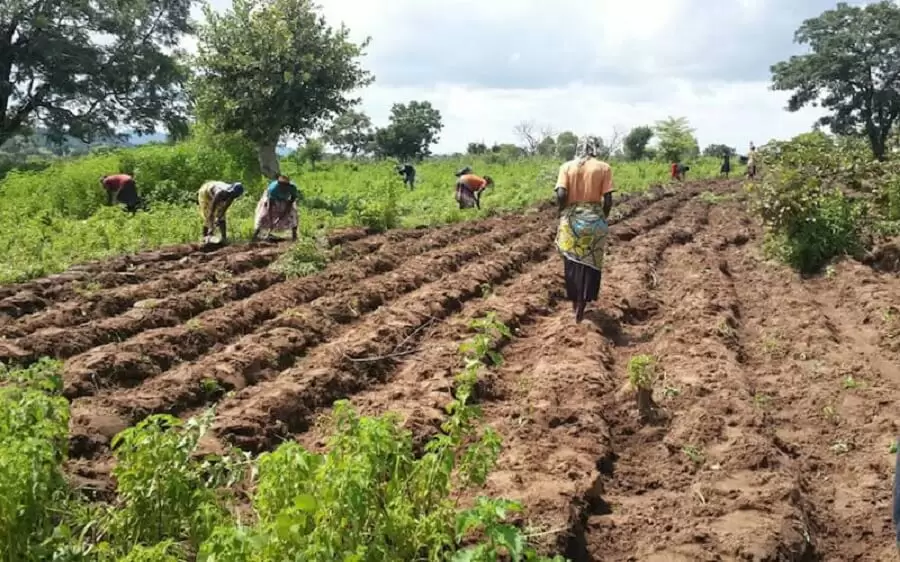Experts Advocate More Funding As FG Cuts Budgetary Allocation To Agric Sector By N52.6bn
Some finance and economic experts have said that the nation’s agricultural sector is bound to witness challenges if the state government remains dormant in increasing their level of funding to the sector.
The assertion followed the 26.71 per cent decrease in the budgetary allocation to the agriculture sector in 2023. The Budget Office of the Federation (BOF), allocated the sum of N144,507,350,057 in 2023, compared to N197,175,127,478 allocated in 2022.
Advertisement
The National Bureau of Statistics (NBS) said the sector contributed 23 per cent to the nation’s Gross Domestic Product (GDP), in the first six months of 2022.
Despite its contribution to the economy, experts have revealed that the latest allocation for 2023 will have, no visible effect on agriculture considering existing issues that need to be tackled.
Speaking to THE WHISTLER in an exclusive interview, the Chief Executive Officer (CEO), Center for the Promotion of Private Enterprise (CPPE), Muda Yusuf said the state and local governments have a major role to play in agriculture than the Federal Government.
According to him, state governments have a primary link to the farmers because they have direct control of land within the state and they manage all the rural communities.
Advertisement
“While the state invests more in agriculture, the FG in a bid to protect the sector should create a stringent regulatory policy with a disciplinary body that will aid the state and local governments in harnessing all the potentials of the sector nationwide,” he said.
He noted that the sector before now has difficulty in agricultural production which must be tackled first including insecurity, technology, and illegal exportation amongst others, adding, “there is no way farmers can be using hoes and cutlasses to feed over 200 million”.
He said, “If the states are not doing much the allocation doesn’t say much. So, the state government should address the issues on the value chain, it is one thing to grow a product, it is another thing to store, package, process and transport the product to the market or export.
“Addressing the issue of the land tenure system, people want to practice mechanized farming, but the land is the problem. Getting land is an issue for large-scale farmers. People with large hectares of land have problems with communities, the community is making a lot of demands on them.
“There is a depletion of the workforce in agriculture, because of the failure to apply technology. Making it impossible to harness the energies of our youth in that sector. If technology is properly improved, it will attract capital, productivity, attract more educated people to the sector.”
Advertisement
Similarly, Sheriffdeen Tella, a professor of economics at the Olabisi Onabanjo University said the sector needs proper management by the state government to fully develop.
Tella noted that despite the FG control of the sector over the years, there has been low growth, reflecting redundancy in the global market.
“The decrease in allocation to the sector is much, but normally because we are running an incremental budget, allocation on some major sectors will rise due to inflation. Budget is just an expectation, it’s not money that will be spent. So, if you consider the actual, it may not be so.
“If the government wants to improve the agriculture sector, the state should head it because the government has no land, the land belongs to the state.
“So, the state should invest more in agriculture while the federal government should provide policy. Unless the federal government wants to maintain some scheme like the River Basin Authority, institutions, ministry department and agencies (MDAs) that are related to agriculture,” Tella stated.



